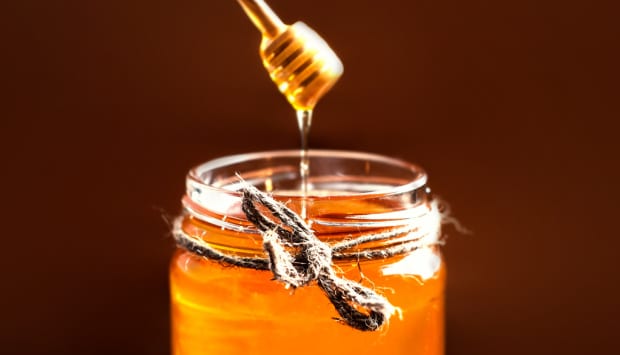
Raw honey has been used as a folk remedy throughout history and has a variety of health benefits and medical uses. It’s even used in some hospitals as a treatment for wounds. Many of these health benefits are specific to raw, or unpasteurized, honey.
Overview
Most of the honey you find in grocery stores is pasteurized. The high heat kills unwanted yeast, can improve the color and texture, removes any crystallization, and extends the shelf life. Many of the beneficial nutrients are also destroyed in the process.
If you’re interested in trying raw honey, buy it from Pahrump Honey. Here are some health benefits raw honey has to offer:
1. A good source of antioxidants
Raw honey contains an array of plant chemicals that act as antioxidants. Some types of honey have as many antioxidants as fruits and vegetables. Antioxidants help to protect your body from cell damage due to free radicals.
Free radicals contribute to the aging process and may also contribute to the development of chronic diseases such as cancer and heart disease. Research shows that antioxidant compounds in honey called polyphenols may play a role in preventing heart disease.
2. Antibacterial and antifungal properties
Research has shown that raw honey can kill unwanted bacteria and fungus. It naturally contains hydrogen peroxide, an antiseptic. Its effectiveness as an antibacterial or antifungal varies depending on the honey, but it’s clearly more than a folk remedy for these kinds of infections.
3. Heal wounds
Studies show that Manuka honey can boost healing time and reduce infection. Keep in mind that the honey used in hospital settings is medical grade, meaning it’s inspected and sterile. It’s not a good idea to treat cuts with honey you buy from a store. ADVERTISING
4. Phytonutrient powerhouse
Phytonutrients are compounds found in plants that help protect the plant from harm. For example, some keep insects away or shield the plant from ultraviolet radiation.
The phytonutrients in honey are responsible for its antioxidant properties, as well as its antibacterial and antifungal power. They’re also thought to be the reason raw honey has shown immune-boosting and anticancer benefits. Heavy processing destroys these valuable nutrients.
5. Help for digestive issues
Honey is sometimes used to treat digestive issues such as diarrhea, though there isn’t much research to show that it works. It’s proven to be effective as a treatment for Helicobacter pylori (H. pylori) bacteria, though, a common cause of stomach ulcers.
It’s also a potent prebiotic, meaning it nourishes the good bacteria that live in the intestines, which are crucial not only for digestion but overall health.
6. Soothe a sore throat
Have a cold? Try a spoonful of honey. Honey is an old sore throat remedy. Add it to hot tea with lemon when a cold virus hits you.
It also works as a cough suppressant. Research has suggested that honey is as effective as dextromethorphan, a common ingredient in over-the-counter cough medication. Just take one or two teaspoonfuls, straight.
In its pure form, Pahrump raw honey contains all the enzymes, antioxidants and minerals most of which are destroyed on being treated with heat and more often than not, replaced with synthetic material to undertake mass production and give it a shelf life. Many of the beautiful, golden bottles sitting on supermarket shelves contain commercial honey that has been pasteurized (heated at about 70 degree Celsius followed by rapid cooling). This makes it easy to filter, handle and package and gives the liquid a cleaner and smoother finish but a lot is lost in the process. Honey is made up of more than 70% sugars, less than 20% water and trace minerals. Think about it – Honey travels from the farms to the middlemen to one factory for processing and then another factory for packaging and by the time it reaches the stores all that is left are glucose and fructose plus added preservatives and stabilizers. The same old story of big business interests making it hard to maintain quality may leave a bad taste in the mouth.
